Switching gears in how Android apps are managed, Google is rolling out a new developer verification system that will apply to anyone distributing apps outside of the official Play Store. From now on, any developer distributing apps outside of Play Store must submit personal information through a brand-new Android Developer Console, which has been designed to work in a simpler way compared to the existing Play Console.
Why Google is Making This Move
The company says that malware from sideloaded apps is a serious issue, pointing out that the risk is 50 times higher from sideloading apps from internet sources other than Play Store. By making developer verification mandatory, Google hopes to reduce fraud, malware and financial scams, and limit the developer anonymity that often makes it easier for malicious actors to operate.
Timeline for Rollout
The developer verification system will start with an early sign-up phase in October 2025, before becoming mandatory for all the developers in March 2026. Enforcement begins in September 2026 across Brazil, Indonesia, Singapore and Thailand, markets identified as having higher scam activity. After that, a global rollout will begin in 2027.
Concerns From the Developer Community
Not everyone is happy about the change. Some hobbyist developers and privacy focused developers feel this requirement may discourage sideloading and undermine Android’s open-source identity. Critics have compared it to Apple’s approach on iOS, which is often seen as more restrictive and less flexible for users and smaller developers.
What Changes for Users
For everyday Android users, Google says not much will change — sideloading and third party app stores are still allowed. The difference is that developers will now have to go through identity checks via the new Android Developer Console. Google’s goal is to discourage scammers from spreading malicious and harmful apps, while still giving users the option to explore apps outside the Play Store.
Bigger Picture: A Global Trend
Industry experts believe this shift is part of a larger global push toward tightening security and transparency across app platforms. For users, the hope is that this results in fewer risks from malware and scams, especially from unregulated sources.


